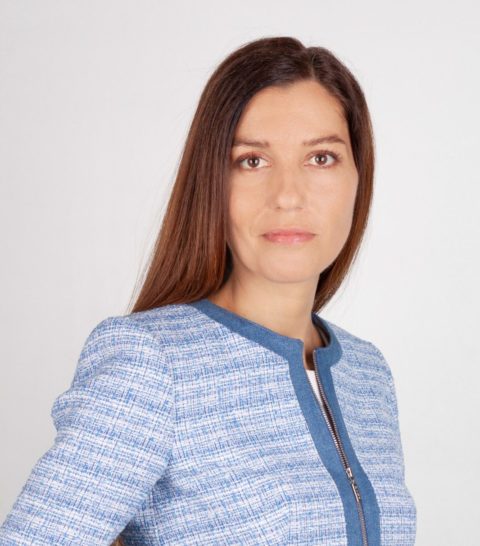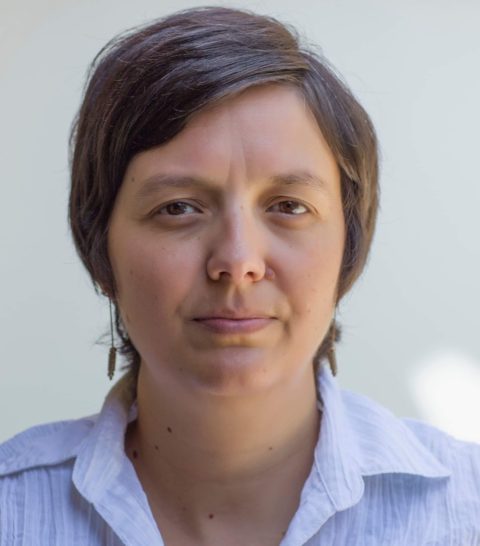Child abduction under the Hague Convention of 1980 – procedure and official bodies
4 October 2014Private Clients, Family and Children
Rapid globalisation over the past four decades has strengthened the need for international regulation of the movement of children. Bulgaria has experienced this internationalisation and has also been committed to the international efforts to protect vulnerable children. The Hague Convention on the Civil Aspects of International Child Abduction 1980 (“Hague Convention”) provides a unified mechanism for states’ authorities aimed at supporting the safe and speedy return of an abducted child. The Convention applies to children removed from one contracting state and taken and kept in another contracting state.
The Convention has a mechanism for coping with complicated international cases of wrongful removal and retention of children under the age of 16.
Each of the of state signatories has to designate a central authority responsible for accurate compliance with the Convention. In Bulgaria the designated body under the Convention is the Ministry of Justice.
What qualifies as child abduction?
According to the Hague Convention the removal or retention of a child is considered wrongful (and an abduction) if:
– it is in breach of custodial rights of a particular person, institution or body, exercising those rights either jointly or alone, under the law of the State in which the child was habitually resident immediately before the removal or retention; and
– at the time of removal or retention those rights were actually exercised, either jointly or alone, or would have been so exercised but for the removal or retention.
Consequently, to have standing, a party must have had custody rights before the alleged abduction which they have actually exercised or would have exercised but for the abduction.
Return of the abducted child to the country of habitual residence
The Hague Convention does not add to the substantive rights of custody rights holders or those hoping to have custodial rights in respect of children and therefore cannot be used to resolve disputes about such rights. Therefore disputes about custody should be dealt with under the applicable national laws in the first instance (and in cases where the Brussels II Revised regulation (Regulation 2201/2003) applies, the proper jurisdiction may be governed by that legislation). The principal aim of the Convention is instead to support the return of the abducted child to its country of habitual residence. The definition of habitual residence is a technical issue under the convention and there is some considerable strength to the view that it is an identical meaning under the Convention, the Brussels II Revised regulation and under Bulgarian domestic law. Generally, the definition coincides with what would be understood to be such a residence as a matter of common sense, but it is in some cases particularly important to examine the factual background in detail and we are happy to advise.
The Convention provides that if a period of less than one year has elapsed from the date of removal to the date of the application, the authority seized must order the return of the child forthwith (with certain limited exceptions, such as for instance where all parties in the proceedings have acquiesced to the child’s removal). However, if proceedings purporting to be under the Convention commence more than one year after the wrongful removal, circumstances from the current status of the child and its adaptation to a new environment must be taken into account before a decision to return can be issued. An order for the return of the child would not be issued if “there is a grave risk that his or her return would expose the child to physical or psychological harm or otherwise place the child in an intolerable situation.”
Commencement of the procedure for retrieving an abducted child
It would be borne in mind that immediate reaction is imperative in situations of child abduction, in order to gather and preserve the supporting evidence.
The party with standing should first file an application at the designated body. The application may be submitted either to the Central Authority in the child’s habitual place of residence or at the Central Authority of any other Contracting State for assistance in securing the return of the child.
Grounds for application and evidence of child abduction
The application must clearly state the grounds on which the applicant is relying. Each application should be supported with clear evidence in support of the particular grounds relied upon. Importantly, the Convention provides special evidential rules different from any national evidential standards that might otherwise apply, which should be complied with when preparing the application.
Costs and process
The Convention expressly provides that no fee or charge is payable for proceedings falling under its scope. Each Central Authority bears its own costs in proceedings before it or before the courts. However, payment may be expected in cases where funds are required for the return of the child and costs incurred from the participation of a legal counsel or advisers.
The judicial and administrative authorities of the Contracting States under the Convention are required to act expeditiously in proceedings for the return of children and to coordinate their efforts.
Once an application is lodged at the Ministry of Justice in Bulgaria, its representatives are required to engage the Sofia City Court, which has special jurisdiction in cases under the Convention. The Ministry of Justice itself is a party to the proceedings on behalf of the applying person with custody rights. The Sofia City Court has to decide the case within one month of the application. Appeals can be made to the Sofia Appeals Court, which has a further one month to issue a judgment. The decision of the Appeals Court is final in proceedings under the Convention and no further appeal or cassation is permitted in child return proceedings.
Once an effective order for the return of a child is issued, the applicant must send a written invitation to the other parent informing him of the decision, and inviting him to return the child voluntarily. The parent who had removed the child has three working days to respond. In case the parent refuses to return the abducted child, the court can be applied to (or it can cease itself) to enforce the return order. The court can engage the assistance of the police and the local authorities if necessary. The Ministry of Justice is required to provide its support to all parties with view of the voluntary return of the child.
Scope of the Convention
The Convention applies to children who are habitually resident in state parties (as above). If a court is seised under the Convention but its seising does not result in a return order, there is still scope for an application under Brussels II Revised, and any order for return under Brussels II Revised will be enforceable under art. 11(8) of Brussels II Revised. The Brussels II Revised regulation applies to cases where the child is habitually resident in an EU member state.
For more information, please contact NBLO at [email protected] or use our Contact Form.












